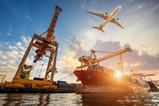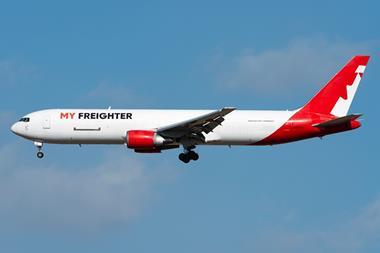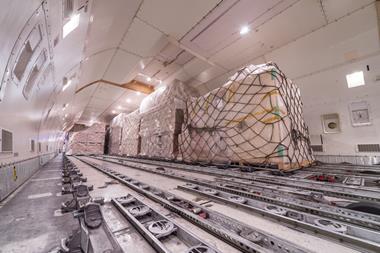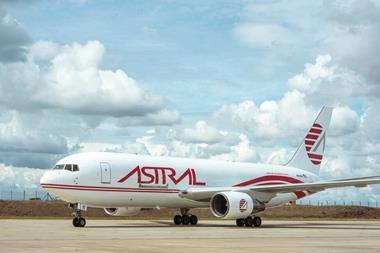Airfreight rates are expected to continue to rise from already elevated levels despite efforts to ease ocean freight supply chain issues.
In the latest Baltic Exchange market update, investment bank Stifel senior analyst Bruce Chan said that efforts to clear US ocean freight backlogs by extending the opening hours of certain ports in the country to 24 hours may not be enough to solve the issue.
And with congestion at US ports continuing, shippers may increasingly switch to airfrieight to rush cargo to market.
"From a retail perspective, it is becoming clear that supply chain backlogs on the inbound side - particularly in the US - show little sign of abatement," Chan said.
"In fact, delays may be mounting. And the solution to the backlogs and bottlenecks is not as simple as increasing port throughput or extending port operating hours.
"Terminals and container yards are full. Drayage capacity is tight due to structural driver supply issues, as well as compounding disincentives to pick up from ports as a result of the delays."
Chan added that inland warehouses and storage facilities are also full in the US.
"As such, we believe there is a contingent of inventory that will not arrive in time for the seasonal rush via ocean and that freight may be converted to air," he said.
On the supply side, Chan said that additional capacity on the transatlantic as the US opens up to travelers may help on that trade lane but is unlikely to ease the situation on the transpacific.
Meanwhile, supply chains and production in China face shutdowns at any moment due to Covid outbreaks and continue to face capacity limitations.
The latest figures from the Baltic Exchange Airfreight Index show that in October rates on services from Hong Kong to Europe increased by 19.9% compared with September to $6.68 per kg, while from Hong Kong to North America – already at an elevated level – there was a 2% increase to $9.94 per kg.
















